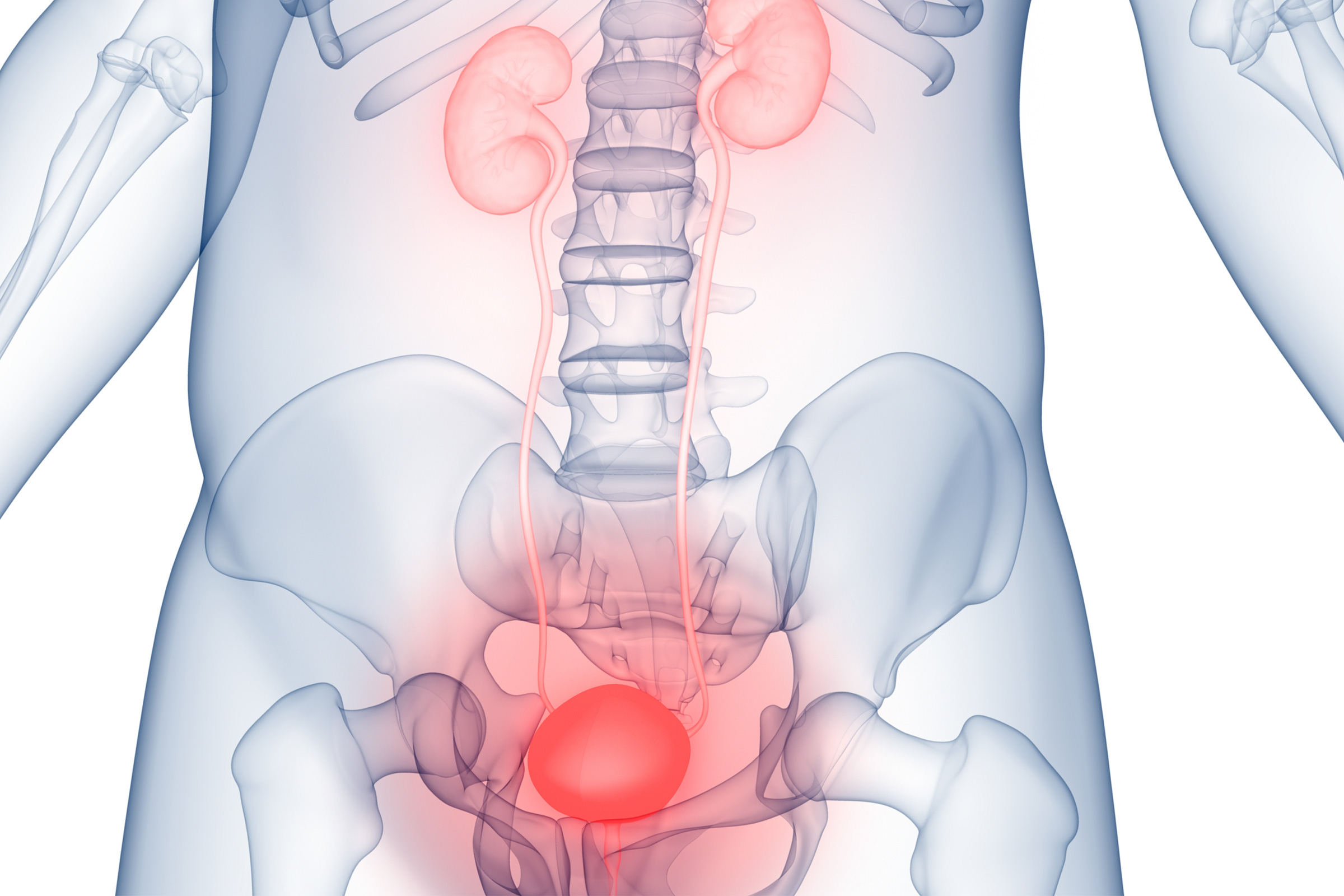When the bladder needs relief, the body’s cues are sometimes ignored for the sake of productivity or even leisure activities.
Although occasionally delaying a trip to the restroom is harmless, there can be serious health consequences when it becomes a habit.
“Initially, you’re training yourself to not go, but eventually the urinary distension and stretching the bladder weakens the bladder wall,” Dr. Jason Kim, clinical associate professor of urology at the Renaissance School of Medicine at the State University of New York at Stony Brook, told The Epoch Times.
Understanding Your Bladder’s Function
The urination process involves a complex neurological system. Urine produced in the kidneys travels through tubes called ureters to the bladder, which has a limited capacity.
“Normal bladder capacity is 400 [cubic centimeters (cc)] to 600 ccs,” Kim said. “But in patients with compromised voiding function, that might be elevated.”
When the bladder reaches half capacity, nerve receptors signal the brain. The brain then instructs the bladder to hold until an appropriate time, he said.
Kim said that once we decide to relieve ourselves, the brain sends signals that relax the urethral sphincter muscle, keeping urine in, and then make the bladder muscles contract to push urine out.
Health Risks of Chronic Retention
Younger or middle-aged people, especially in professions with shift work or limited access to bathrooms, often hold their bladders for longer periods, Dr. Anurag K. Das, chairman of the Department of Urology at Northwell Staten Island University Hospital, told The Epoch Times.
“Over time, their bladders stretch out and can hold quite a bit—and these people only urinate every 8 to 12 hours,” he said. This includes truckers, teachers, and nurses.
Although young, healthy people might not experience immediate issues, Das said that “as they age, the bladders no longer empty fully, which can lead to higher rates of infections, feeling of not emptying, and sometimes more frequency as the bladder only empties halfway or even less.”
Some people, termed “pathologic holders of urine,” develop Hinman syndrome (non-neurogenic neurogenic bladder). These people struggle to relax after learning to hold their bladder for long periods. Extended holding can cause the bladder to back up to the kidneys.
In some cases, this can lead to severe kidney damage and kidney failure,” Das said.
Why You’re Having Trouble Urinating
Although holding in your urine is a risk factor for bladder problems, there are many other reasons why you may have difficulty urinating, according to Kim.
For example, in “virtually every” older male, the prostate enlarges and causes “what we call outflow obstruction or constriction of the urethra,” Kim said.
He compared the urethra to a garden hose. “Imagine putting your foot on it to constrict the flow,” Kim said, noting that’s what happens with an enlarged prostate.
Women can experience conditions such as pelvic organ prolapse, which causes the bladder to drop.
“It could kink the urethra and cause some outlet obstruction,” he said.
How well voiding dysfunctions from delaying urination are treated depends on how soon the problem is addressed, Kim said.
Treatment Options and Prevention
For younger patients, Kim recommends timed bathroom visits every three to four hours, even without urgency. If you don’t feel like it, “force yourself,” he said. Pelvic floor exercises may also help improve bladder control.
Delaying urination can also lead to recurring urinary tract infections.
“If you think about warm, infected urine sitting around, it just kind of festers,” Kim said. “And even if you chew the antibiotics, [the infection] keeps coming back.”
“In cases where none of that works, we sometimes recommend something called sacral neuromodulation, which is almost like a bladder pacemaker,“ Kim said. ”Where we implant the electrode near the nerves and attach it to a device that stimulates those nerves.”
If that doesn’t help, he said patients can consider learning how to perform intermittent catheterization; they put a catheter in their bladder several times a day to drain the urine.
Early intervention is crucial.
“Many holders begin as children or [in] high school,” Das said. “It is important to see these people early and explain how the urinary system works, and the problems holding can cause in the long run.”









